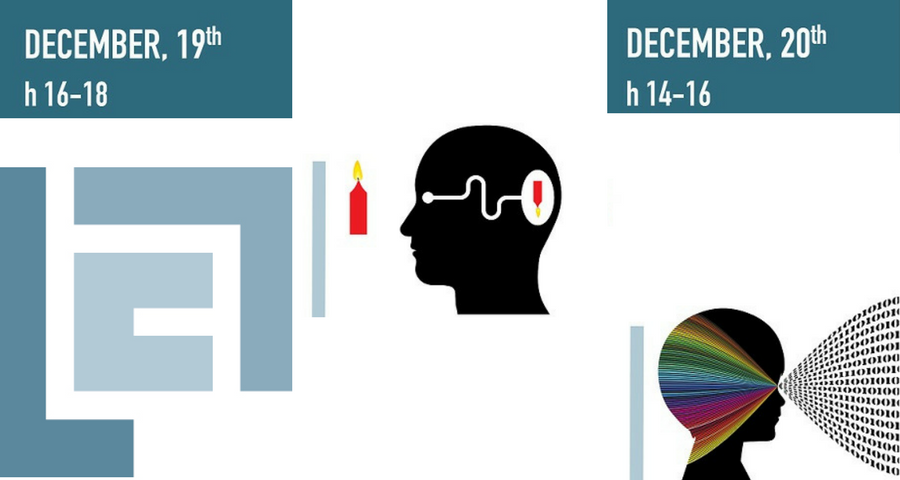LLC Seminar + Lecture, 19-20 December: Athanasios RAFTOPOULOS

Athanasios RAFTOPOULOS
(University of Cyprus)
LLC Lecture
19 December 2017
16.00 - 18.00
Sala Lauree
Dipartimento di Lingue e Letterature Straniere e Culture Moderne
Palazzo Badini
via Verdi 10, Torino
Timing time: Why early vision is cognitively impenetrable
Abstract. Recently the thesis that early vision is cognitively impenetrable has come under attack from different perspectives; the pre-cueing paradigm, the role of imagination in visual processing, and studies concerning early recurrent processing. Among all arguments for the cognitive penetrability of perception, the most prominent is that since recurrent processes are found very early in vision, early vision is cognitively penetrated. In this talk, I concentrate on this problem and specifically on a paper by Newen and Vetter (2016) in which it is argued that the cognitive penetration of perceptual experience is the most plausible account of the empirical evidence because of the role of early recurrent processing. I concentrate on this paper because the authors have put together the most recent evidence pertaining to early recurrent visual processing. Against Newen and Vetter, I argue that the evidence they present, if properly understood, supports the thesis that early vision is cognitively impenetrable because the recurrent processes in early vision do not involve cognition.
_____________________________________
LLC Seminar
20 December 2017
14.00 - 16.00
Aula di Antica
Palazzo Nuovo (piano II)
via Sant'Ottavio 20, Torino
Pre-cueing, early vision, and cognitive penetrability
Abstract. I have argued that early vision is not directly affected by cognition since its processes do not draw on cognition as an informational resource; early vision processes do not operate over cognitive contents, which is the essence of the claim that perception is cognitively penetrated (CP); early vision is cognitively impenetrable (CI). Recently it has been argued that there are cognitive effects that affect early vision, such as the various pre-cueing effects guided by cognitively driven attention, which suggests that early vision is CP. In addition, since the signatures of these effects are found in early vision it seems that early vision is directly affected by cognition since its processes seem to use cognitive information. I defend the CI of early vision in three steps. First, I discuss the problems the CP of perception causes for the epistemic role of perception in grounding perceptual beliefs. Second, I argue that whether a set of perceptual processes is CP hinges on whether there are cognitive effects that undermine the justificatory role of these processes in grounding empirical beliefs, and I examine the epistemic role of early vision. I argue, third, that the cognitive effects that act through pre-cueing do not undermine this role and, thus, do not render early vision CP. In addition, they do not entail that early vision uses cognitive information; they are indirect effects similar to the shifts of overt attention.






